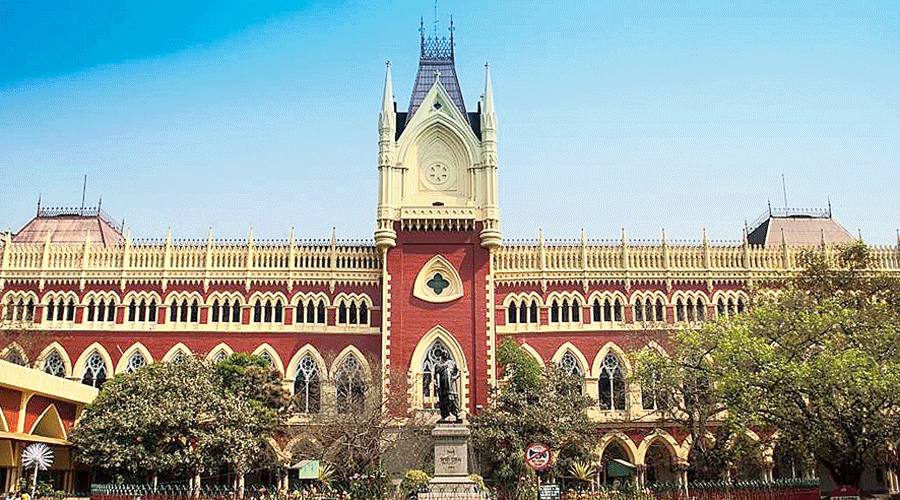A division bench of the high court on Friday upheld a petition by Kadir Khan, prime accused in the Park Street rape case, to not consider the victim’s statement recorded in a lower court while he was absconding as evidence against him because his lawyer did not get a chance to cross-examine her.
On February 6, 2012, a woman had been gang-raped inside a moving car after the men offered to drop her home from a spot on Park Street.
Kolkata police had arrested three youths — Naser Khan, Ruman Khan and Sumit Bajaj — but two others could not be traced.
Four years later, in September 2016, Kadir Khan and Ali Khan were arrested from Ghaziabad.
The victim had died in 2015.
The high court on Friday said the victim’s statement, recorded during the trial of the other accused in the case while Kadir was absconding, could have been used against him had the then public prosecutor filed a separate application to treat the recorded statement as an evidence against the absconders whenever they would be arrested.
However, in the absence of any such application, the court accepted Kadir’s petition.
Three other accused in the case had been found guilty and were convicted.
At present, the three have completed their term and have been released from jail on remission.
Kadir and Ali, who are in judicial custody, had moved the high court challenging a lower court’s order to use the victim’s statement as evidence against them though it was recorded while they were on the run.
The order passed by the bench headed by Justice Joymalya Bagchi and Justice Bivas Pattanayak said: “The case reminds me of an age-old adage: To close the stable door after the horse has bolted. Caught between absconding accused and unfortunate demise of a rape victim, the prosecution belatedly took out an application praying the evidence of the rape victim’s statement recorded in the course of trial of other accused persons (while the petitioner was absconding) be read in evidence in the subsequent trial of the absconder after his arrest.”
“The law casts a burden on the prosecutor to invoke the aforesaid provision in the earlier trial and obtain a direction from the trying court, as aforesaid. Once prosecutor fails to do so, it cannot, during the subsequent trial upon arrest of the absconder, retrospectively obtain a direction that the evidence recorded in the earlier case be used against the absconding accused upon his arrest,” read the order.
Public prosecutor Saswata Gopal Mukherjee, who attended the hearing on behalf of the state, said the victim had the right to justice even after death.
“Victims’ right to justice under Article 21 stands on a higher pedestal than the right of absconding accused and such right cannot be erased because of mistakes on the part of the prosecutor in trial court,” said Mukherjee.
